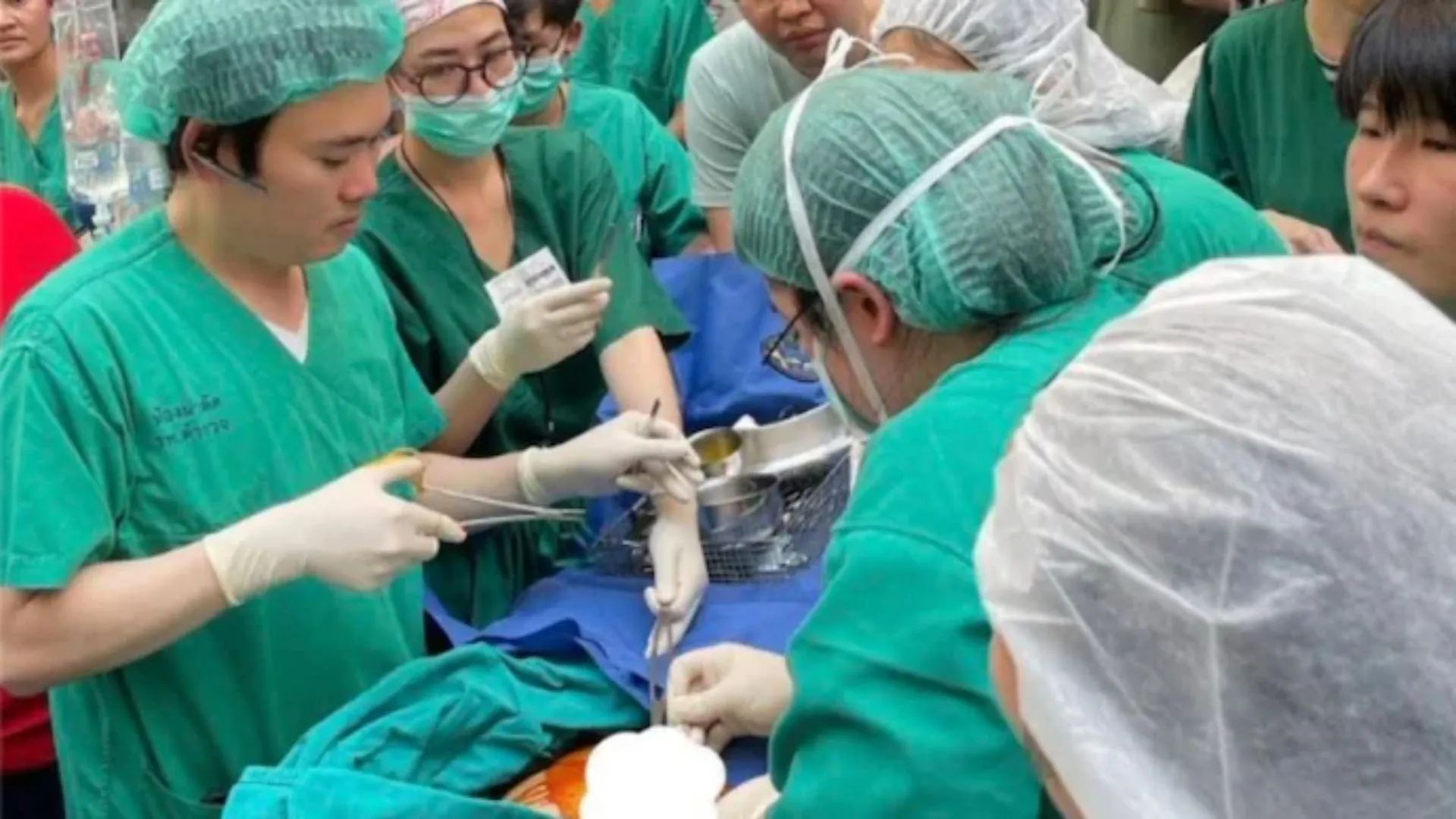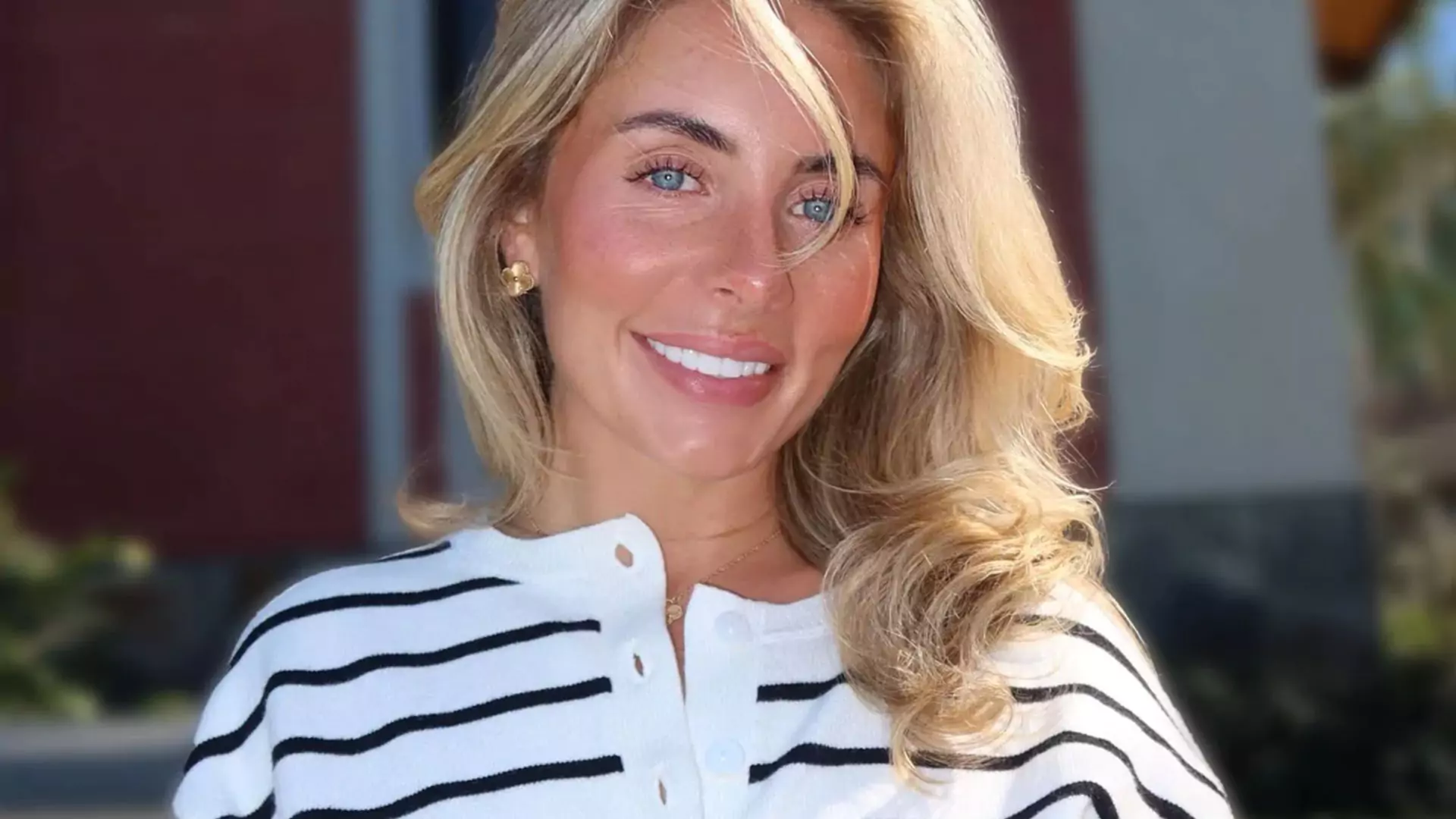Canada and India’s bilateral relations continue to deteriorate amidst growing tensions over Khalistani terrorism. The diplomatic rift, which has been escalating since last year, now appears deeper than ever following recent statements and actions from both governments.
Last year, Canadian Prime Minister Justin Trudeau accused India of violating Canadian sovereignty by allegedly being involved in the killing of Khalistani terrorist Hardeep Singh Nijjar. Trudeau’s claims, made public in Canada’s House of Commons, sparked a severe diplomatic fallout. India immediately dismissed the allegations as “absurd and motivated.”
As the conflict intensified, the Royal Canadian Mounted Police (RCMP) escalated the situation by accusing Indian officials, including the Indian High Commissioner, of collaborating with the Lawrence Bishnoi gang to target anti-India and anti-Modi people in Canada. The RCMP later backtracked, admitting there was no imminent threat to the Canadian public. In retaliation, India recalled its envoy from Ottawa and expelled six Canadian diplomats. This prompted calls within Canada, including from New Democratic Party (NDP) leader Jagmeet Singh, for sanctions on Indian diplomats.
The tensions have led to a dramatic standoff between the two nations. The Indian government has repeatedly demanded evidence from Canada to support the serious allegations, but Canada has failed to provide any. The MEA underscored that the responsibility for the strained relations lies solely with Trudeau and his administration. Furthermore, the MEA revealed that there are 26 pending extradition requests from India concerning individuals wanted on terror charges that have been ignored for over a decade.
In an exclusive interview with NewsX Editor Devika Chopra, independent Canadian Member of Parliament Kevin Vuong weighed in on the ongoing diplomatic crisis, raising critical questions about Trudeau’s motives. Vuong spoke about how the current Canadian government has soured India-Canada relations for domestic political gains.
Trudeau’s inconsistent stance on foreign interference
He highlighted the inconsistency in the Trudeau administration’s approach to foreign interference, noting that while the Prime Minister cites intelligence regarding India, he has been reluctant to take a firm stance on allegations of Chinese interference.
“The fact is, when the Prime Minister first made the accusation that the Indian government had some role, he cited that there was alleged credible intelligence. But at the same time, he has also said, when it comes to the alleged intelligence of Chinese foreign interference, intelligence is not evidence,” Vuong said.
He suggested that this inconsistency raises valid questions about Trudeau’s motives, particularly with the Canadian elections approaching.
India’s extradition requests and trudeau’s political motives
Vuong was particularly vocal about the lack of response from the Canadian government regarding India’s longstanding extradition requests.
“From my perspective, what I can tell you is that I believe that democracies need to stand together… If there are extradition requests, if there are criminals in different countries that other democracies want to bring to justice, I think we have a duty… to work together to do exactly that.”
He questioned whether the motivation for denying extradition requests was politically driven.
When pressed on why the Trudeau government seemed to protect anti-India separatists, Vuong said he had no idea, stating, “When I meet with Hindu Canadians, they tell me how concerned they are about the attacks and vandalisms on their temples.” He emphasized the Canadian government’s duty to protect Hindu Canadians, saying, “It’s absolutely shameful, and they’re failing in their duty to protect Canadians.”
Kevin Vuong on historical parallels
Vuong also drew a parallel between the current situation and Canada’s historical response to separatist movements, particularly regarding Quebec. He argued, “Historically, Canada used to have in the province of Quebec FLQ, which committed terrorist acts in the hopes of achieving separatism. Khalistani elements are behind the most horrific terror attack on Canadians, the bombing of the Air India flight.” He noted the lack of recognition of the Air India bombing in Canadian history, calling it “whitewashed,” and pointed out that this has left many Canadians unaware that it was the deadliest terrorist attack until 9/11.
When asked if there was discontent among Canadians against Trudeau for allowing Khalistani extremists to operate, Vuong acknowledged that safety is a top concern.
“If you ask Canadians, one of the things that is top of mind for them after affordability is safety. People are increasingly feeling unsafe.” He expressed concern over the public displays of extremism, stating, “We’re also seeing Canadian flags being burned… What unites the three of us? We are all democracies.” Vuong pointed out that the ongoing attacks on democracy are occurring both globally and within Canada.
Trudeau diverting attention amid growing discontent: Kevin Vuong
Vuong noted the growing discontent with Trudeau’s handling of the situation, especially with elections approaching. He suggested that Trudeau may be using the tensions with India to divert attention from domestic issues like safety, housing, and employment.
“Canadians are also worried about foreign interference, especially from the Chinese Communist party,” he stated. He pointed out that the timing of the RCMP’s Thanksgiving briefing was suspiciously aligned with key testimony regarding foreign interference, allowing Trudeau to shift focus to India instead.
India-Canada relations never been worse
Addressing the future of India-Canada relations, Vuong expressed concern, saying, “Unfortunately, I think it’s a fact that Canada-India relations have never been worse, at least not in my lifetime.” He predicted that the current administration’s actions would become part of Trudeau’s legacy, remarking, “The history will show that ties between Canada and India, two democracies with long-standing history and people-to-people relations, are worse off now and probably worse than it’s ever been for decades.”
Vuong stressed that governments have a duty to protect their citizens and called to address foreign interference from groups like Khalistani extremists. “Governments have a duty to protect our people,” he emphasized, underlining the need for Canada to confront those who threaten its democratic values.
With Canada’s general elections looming, the question remains whether Trudeau’s government can mend these fractured relations.
Watch full interview here:
Read More: Who Is Jagmeet Singh? Supporter Of Khalistani Movement Who Calls To BAN RSS






















